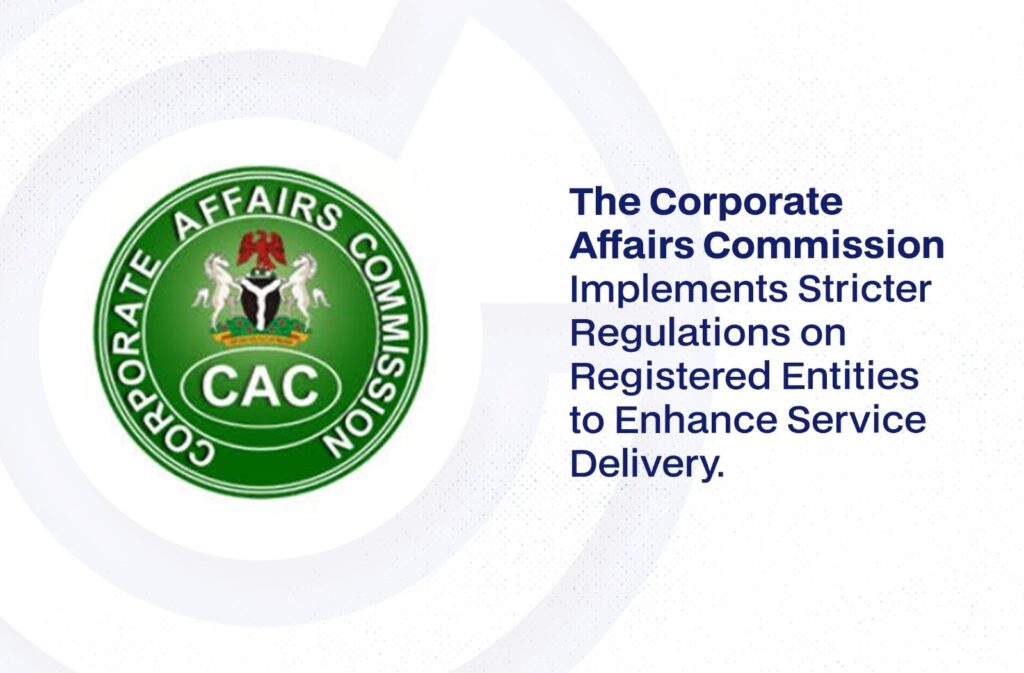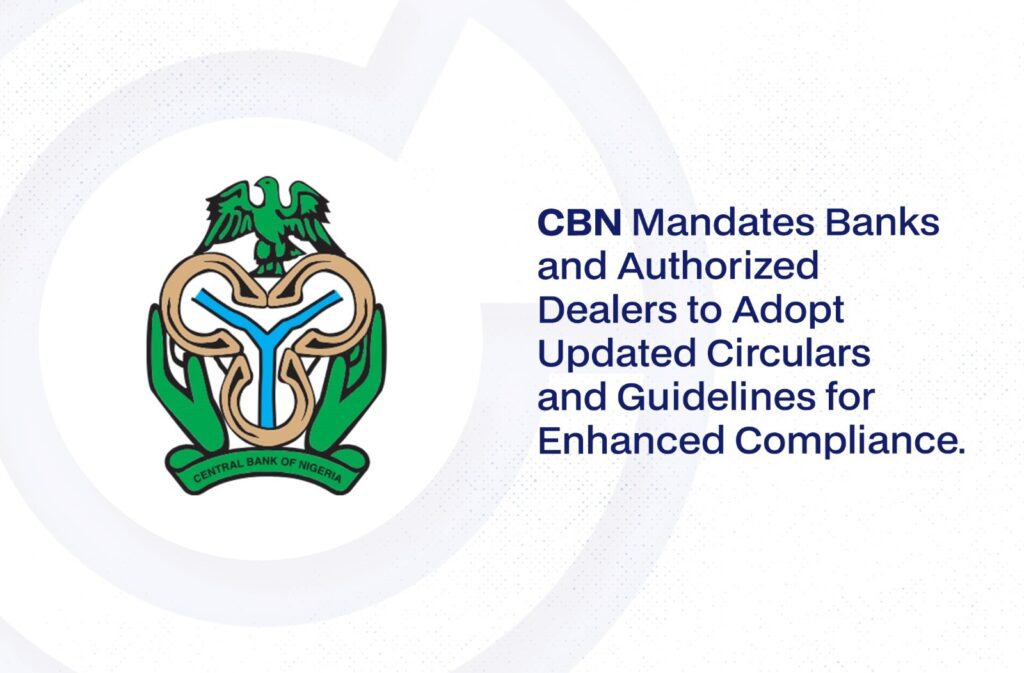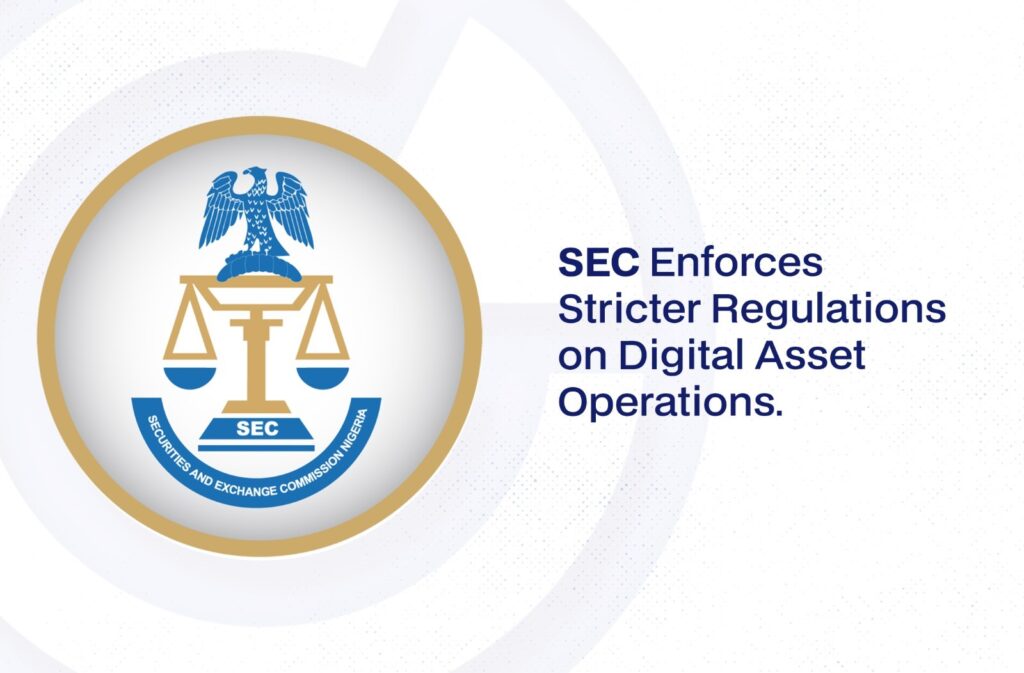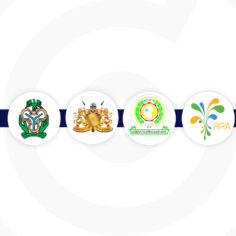
In a bid to bolster efficiency and accountability within Nigeria’s corporate landscape, regulatory bodies are implementing stricter measures across various sectors. The Corporate Affairs Commission (CAC), the Central Bank of Nigeria (CBN), and the Nigerian Securities and Exchange Commission (SEC) have each announced significant regulatory updates aimed at enhancing compliance and service delivery.
The Corporate Affairs Commission Implements Stricter Regulations on Registered Entities to Enhance Service Delivery.

The Corporate Affairs Commission (CAC) is taking robust steps to ensure that registered entities provide excellent services to their clients. According to the Registrar General, Hussaini Magaji, the commission has identified compliance issues among registered entities and is working on closing the gap between the registration process and post-registration compliance.
Speaking at an event in Abuja, Magaji highlighted the need for a reliable legal framework to regulate the activities of registered entities. He emphasized that regulation is vital to achieving the purpose of the framework, and the CAC is committed to ensuring that issues related to the regulation of these entities are seamlessly implemented.
The Commission is also engaging with software vendors to improve the Companies Registration Portal (CRP) and enhance service delivery. With these interventions, the CAC is poised to maintain its position as a reliable and efficient registrar of companies in Nigeria.
CBN Mandates Banks and Authorized Dealers to Adopt Updated Circulars and Guidelines for Enhanced Compliance.

The Central Bank of Nigeria (CBN) has issued a directive to Deposit Money Banks (DMBs), Licensed Non-Interest Banks, and other authorized dealers to use new circulars and guidelines. The directive comes after the CBN discovered that some old circulars and guidelines are still being used despite being replaced by newer ones. As a result, the CBN has directed all authorized dealers to adhere to the circulars and guidelines that supersede any previous ones issued by the Bank. The effective circulars in use have been highlighted in a circular signed by the Director Financial Market Department, CBN, Dr. Omolara Duke. All authorized dealers have been notified of this latest development and are required to comply accordingly.
SEC Enforces Stricter Regulations on Digital Asset Operations.

The Nigerian Securities and Exchange Commission (SEC) has announced plans to issue updated guidelines for digital assets and virtual asset service providers (VASPs) in the country. The new guidelines are aimed at preventing criminals from infiltrating the country’s capital market. The SEC has also developed an AML/CFT/CPF onboarding manual for licensing and registration of digital and VASP beneficial owners to ensure that criminals are not registered as operators in the capital market. The SEC is ready to work with genuine VASPs based on these clear rules and regulations. The commission has also engaged with the Central Bank of Nigeria to update its rules, which will soon be exposed to the market for comment before final approval. Relevant rules and regulations issued by the SEC on the regulation of digital assets and VASPs have been collated for use by potential applicants and the public.
Capital Markets Authority Unveils New Opportunity for Local Firms to Issue Regional Bonds.

Kenyan companies now have the opportunity to issue bonds to investors across East Africa, thanks to the Capital Markets Authority (CMA). The move is designed to diversify the investor base and strengthen the region’s financial integration agenda. The CMA has opened a window that allows local companies to raise funds by issuing a bond in any country in the region, with no restriction on where the proceeds of the issue will be used. The minimum size of the regional bond shall be the local currency equivalent of $850,000 (Sh122m at current exchange rates). The aim is to expand the markets and make them more attractive to investors. The CMA has set out a plan to achieve an EAC capital markets regime, which permits the free flow of capital that is attractive to foreign as well as regional investors.
In conclusion, the recent initiatives undertaken by these regulatory bodies reflect a concerted effort to fortify the corporate landscape and regional financial integration.
Collectively, these measures signal a commitment to fostering a regulatory environment that encourages accountability, transparency, and investor confidence, ultimately contributing to the sustainable growth and development of Nigeria and Kenya’s corporate sectors.
Stay tuned for more compliance updates by visiting our website, and remember to stay compliant!
Last modified: March 27, 2024




